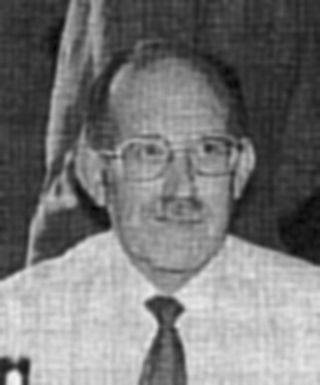


Obituary
James Newington King (1937-1993)

J. N. King, Executive Secretary of the IUCr, died Apr. 12, 1993, age 55, at his home near Chester, England. He had been suffering from mesothelioma, possibly caused by inhalation of asbestos dust during laboratory work earlier in his career.
Jim King gained his Ph.D. in 1963 in the Physics Department of Imperial College, London for electron diffraction studies of surface structure. From 1963 to 1968 he worked in Australia as a Research Scientist in the Materials Div. of the Aeronautical Research Lab., Dept. of Supply, Melbourne examining thin metal films by electron diffraction and electron microscopy.
Jim was Executive Secretary of the IUCr for over half of the Union's history, an era of much expansion. He served under nine Presidents since 1968. His duties ranged from preparing lengthy papers for IUCr committees, to highly complex multinational negotiations with publishers, accountants, bankers, and lawyers.
Jim gave invaluable help to successive General Secretaries and Treasurers. His advice was shrewd, his manner pleasant, and he was generally imperturbable. Without fuss, he could write a well-argued letter on a difficult topic. His judgement of situations and people was very sound. Known everywhere within the crystallographic community as Jim, he won innumerable friends in many countries. He had an excellent appreciation of the international character of the Union, and understood how to balance different ways of looking at things, whether depending on personalities or different cultural backgrounds. He had a strong sense of justice, which made him adamant in certain problems ranging from employment arrangements of staff members to the most difficult negotiations concerning restrictions put by governments on free participation in Union-sponsored meetings, which sometimes required very fast reactions.
Jim travelled to IUCr meetings all around the world, and coped cheerfully with the three-week nonstop round of committees which came to accompany each General Assembly. This was the part of his work that he apparently enjoyed best. Despite his ill health, he was already well prepared for the Beijing Congress in Aug. with all his tickets and reservations arranged. His devotion to the Union was indomitable. He courageously continued working until a few days before his death. The Union has suffered a great loss by his passing at the prime of his career.
D. W. J. Cruickshank and K. Kurki-Suonio

